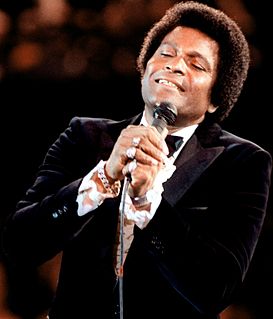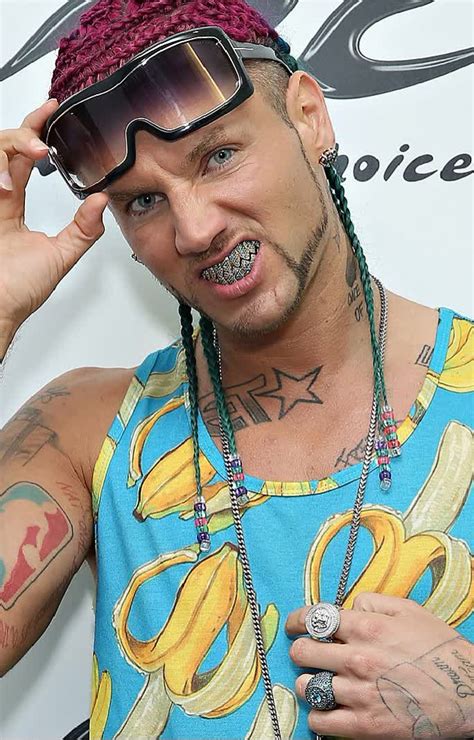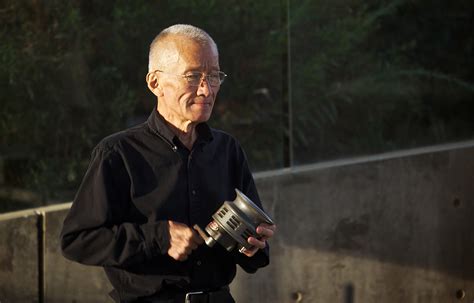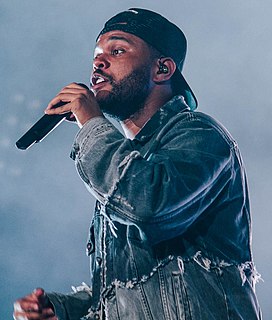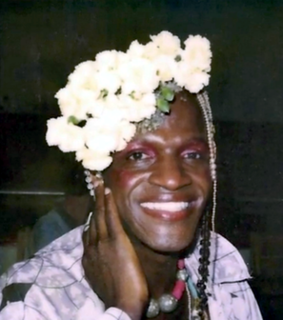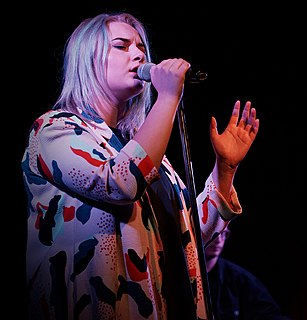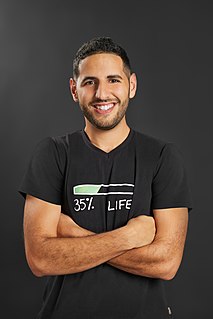A Quote by J. D. Souther
In the '80s, I got tired of the rat race. It was a terrible time for music. I wasn't part of that whole MTV craze. I did 'Go Ahead and Rain,' which was Madeleine Stowe's first bit, but felt no connection to it. I went many years where I didn't have to work.
Related Quotes
I revisited some music that I had written for Miles Devis. I used to work with Miles in the '80s. We did an album - "Tutu," that was really successful for Miles, and a couple of years ago we did "Tutu Revisited," and this is where we played the music from "Tutu." But I knew Miles would absolutely hate it if we just got on the stage and played the music the same way we did it in the '80s.
At the beginning, I felt sort of reluctant about my music from my past. But in the last couple of years, I felt good about what I did in the past. The way I see my work, time passes from the time I performed or recorded a work. When I look at it now, 25 years or 30 years ago, if I see that it has value today, I will agree to release it.
Prince turned experimental music into pop music. 'When Doves Cry,' the whole 'Purple Rain' soundtrack - he was inspired by the Cocteau Twins and new wave pop and brought it into R&B when he first started, and then it became this cool, next-level, kind of hard-to-digest music. Which is what I felt 'House of Balloons' was.
Though at this moment she felt abused, abandoned, and ashamed of herself, Madeleine knew that she was still young, that she had her whole life ahead of her--a life in which, if she persevered, she might do something special--and that part of persevering meant getting past moments just like this one, when people made you feel small, unlovable, and took away your confidence.
After I wrote my memoir, 'A Long Way Gone,' I was a bit exhausted. I didn't want to write another memoir; I felt that it might not be sane for one to speak about himself for many, many, many years in a row. At the same time, I felt the story of 'Radiance of Tomorrow' pulling at me because of the first book.
Terrible, it was terrible. Even today and it's been several months now you just bring it up and I tear up a little bit, terribly. You know when you're that close that long and got along as well as we did, we seldom had any serious arguments. We might have - might discuss which movie we wanted to see and what play we wanted to go to, where we ought to go for a vacation but that usually didn't last very long because we were much of the same mind all the time.
If there's one regret I have of my time in comedy it's that I really I was so obsessed with improv for so many years and I exclusively did improv for the first 6 years or 7 years. I was doing comedy and then I started doing solo work and stand up, a bit of writing, making videos, and really going into it on that end.
I've been on so many movies. Generally, I haven't gotten to be on the ground level. As of two years ago, in 'Dear John,' I got to really be on the ground floor. I wasn't a producer. I felt like I put the work in, and I did have a lot of sway on what got fixed, reshoots, so on and so forth. It felt really good.
People have said over the years that the reason I did not give up my seat was because I was tired. I did not think of being physically tired. My feet were not hurting. I was tired in a different way. I was tired of seeing so many men treated as boys and not called by their proper names or titles. I was tired of seeing children and women mistreated and disrespected because of the color of their skin. I was tired of Jim Crow laws, of legally enforced racial segregation.
There is a terrible thing that's been happening probably for the last 20 years or so and it's called the music business. And music isn't really business; it's work and you got to pay and you've got to buy your guitar or go into the studio. So there is a business side but when people say, "I'm going into the music business," it's not. It's about expression. It's about creativity. You don't join music, in my mind, to make money. You join it because it's in you; it's in your blood stream.

